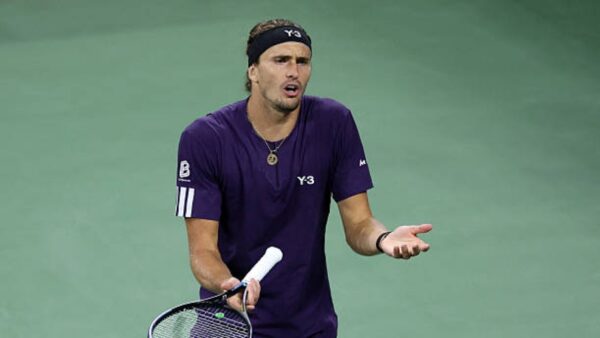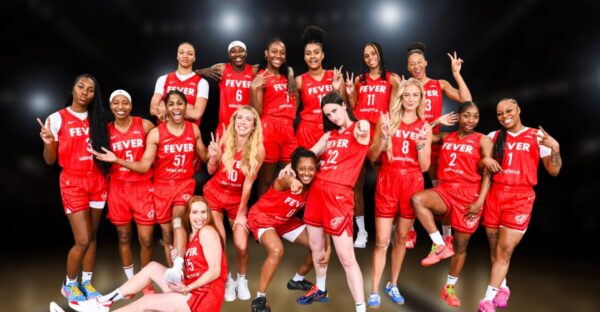American tennis player faces two-year suspension on grounds of doping by ITIA
The player's urine sample contained cannabis.

Casey Kania (Image via University of North Carolina)
🔍 Explore this post with:
American tennis player Casey Kania was slapped with a two-year suspension by the International Tennis Integrity Agency (ITIA) over a doping violation. As Kania was found guilty of consuming cannabis (Carboxy-THC), a prohibited substance, the ITIA has slapped him with a two-year suspension. Kania’s two-year period of ineligibility begins on 2 February 2024, the date that the decision was issued, and ends on 1 February 2026.
This suspension means Kania, during the period of ineligibility, is prohibited from playing in, coaching at, or attending any tennis event authorized or sanctioned by the members of the ITIA (ATP, ITF, WTA, Tennis Australia, Fédération Française de Tennis, Wimbledon, and USTA).
Notably, Kania’s in-competition urine sample from August 2023 contained cannabis (Carboxy-THC), and as the 21-year-old did not possess a valid Therapeutic Use Exemption (TUE) for the substance, he has been slapped with a ban.
The International Tennis Integrity Agency (ITIA) today confirms that American tennis player Casey Kania has been suspended for two years following a breach of the Tennis Anti-Doping Programme (TADP).ITIA in a statement released on Tuesday.
Why Casey Kania did not get a four-year sanction from ITIA?
While it is a standard policy of the ITIA to impose a four-year sanction on players for doping violations, as was the case with WTA star Simona Halep, Casey Kania avoided it for his unintentional breach. The ITIA said that Kania will be serving a two-year suspension because he did not breach the rules intentionally.

The ITIA accepted that Kania did not intentionally breach the provisions of the TADP, but the player was unable to demonstrate that they bore No Fault or Negligence for their violation. Therefore, a two-year period of ineligibility (rather than a four-year sanction for an intentional violation) was imposed, as set out in TADP article 10.2.2.ITIA explained in its statement.
Notably, as Kania’s urine samples from a match in August contained the prohibited substance, his results, ranking points, and prize money obtained at the Cary Challenger and in subsequent events are disqualified.
It is worth mentioning that Kania has not said anything about the suspension and doping violation yet.
In case you missed!
- “Separates you from your family and loved ones,” Novak Djokovic admits the harsh reality of how giving it all for your favorite sport can lead to crucial family sacrifices
- “He’s so overrated, a** juice”- Taylor Fritz faces brutal humiliation as fans rage intolerance against his loss at the Mexican Open







